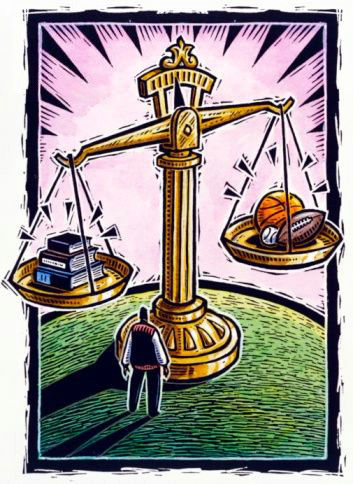

To what extent theory can be deemed as an important aspect in context of learning harmonica? Are the notions more useful than practice or is it vice versa? Harmonica is a musical instrument like others, despite its small size it requires both practical exercises and theoretical concepts to master it. To miss out on something means to restrict your skills to a limited range.
Have you ever heard of 'game of the heart'? Singers vs. actors, singers vs. directors or even in competition with national politicians and so on. There is a new edition of this event (not nice though, but I like the comparison) which is called 'Theory vs. Practic' and as far as my observation is concerned it is kind of a battle going on social media, amongst interest groups and sometimes between befriended musicians and conflicting friends at cheerful gatherings around a table. Nothing serious…Its only a debate on how to learn music that can be resolved with another round of good whiskey or with the simple technique of paying due respect to others' opinions.
We can find examples of those who have studied music either in schools or have joined classes to learn piano, violin, guitar or flute from private teachers for several years. On the other hand, we find those who claim like that: "I have been playing for forty years and I have never opened a book".
When I started studying music, I was eight years old and at that time either you are sent to a school (public or private) or remunerate private teachers who, besides instructing you to play your instrument (in my case it was piano) suggest nice books and who prepare you to demonstrate music on the fly. After a few years you are ready and till then you have learned to read music also; it doesn't matter for you now if key of the song changes every four measures, so you are able to do a quick mental work and don't become a victim of the situation; e.g. "Now I read C but I have to say F… Now I read C but I must say E…" This is a very powerful exercise that trains your mind and it is really good for those who have problems in keeping up the tempo while playing. If you are curious, you should search for 'solfeggio' on internet.
Today, with easy access of internet and YouTube, tutorials, magic books and 'play guitar in 30 seconds' kind of things , whole scenario has been changed altogether; now you can learn to play guitar, piano, harmonica or even sing without bothering to learn theory of music. If one is hostile to reading books he can blissfully wallow in an ocean of knowledge, without realizing that he has put a halt to his education. May be a few years later, when he gets a chance to expresses himself on stage in terms of music, he could prove to be kind of person who delivers a public speech without ever having studied grammar of his language. Do you get it?
You can't imagine how many times it happens on the stage, especially during jam sessions where you play together with strangers; you ask a singer whether in which key he wants to perform his song and his response would be: "I don't know, I just sing". It occurs sometime that certain musicians demonstrate the same phenomenon; i.e. upon being asked the same question, they reply: "Look, I do these chords…" Then they introduce you to a G, a D, an E minor and you deduce that you are playing in G major.
Music is a language and hence has its own rules. Learning to read music means being able to hold a successful conversation with a real musician and to not only become adept in playing your instrument, but to acquire professional perfection in diverse areas of music.
At this point one might object that there were great musicians in past, real sacred giants in the music industry, who made remarkable accomplishments using their instrument, but either they couldn't get the chance to study music theory during their period of time, or did not want to study it deliberately. This is true, I agree to that but the people we are talking about, practised eight, ten, and even may be twelve hours a day, and with a never ending dedication, ingenious attributes and persistent behaviour, they achieved what they were ambitious about. Now let's question our own selves: "How old am I?", "How much time can I devote to study music?", "Am I a born genius?".
Acquiring knowledge of the rules which act as a backbone of music, without having to study 'solfeggio' for four hours a day, works like a booster in your car fuel; it makes you go faster and better. Personally I consider myself a lucky teacher, as almost all of my students show intent on thir own to learn the basics of music theory at least, and I, with immense joy inculcate in them what I have learned over the span of many years.
If you care about the study of a musical instrument and you really want to become a skilled musician, I invite you to take some time out to reflect on what you have just read.
Happy music to all!